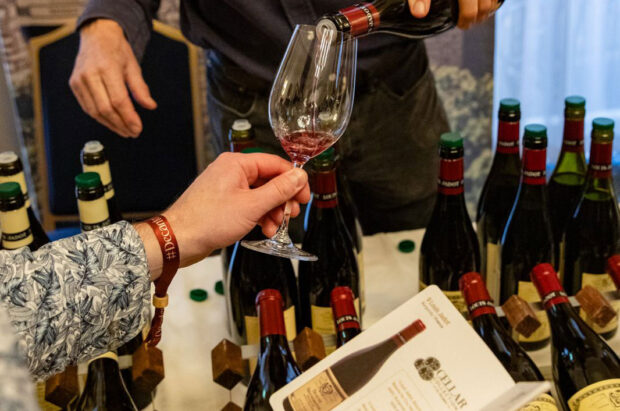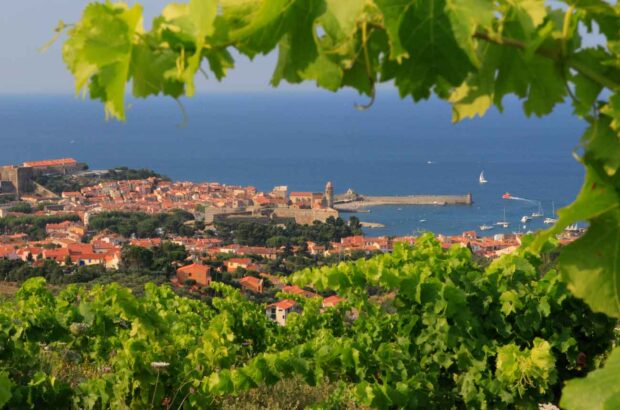Poorly-performing corks are the main culprits behind prematurely aged white Burgundy, says Clive Coates MW.
Writing in a forthcoming feature for Decanter magazine, the Burgundy guru says that changes in the way corks are produced have led to poorer wine isolation and oxidisation.
Coates was prompted to examine the phenomenon following an inexplicable and seemingly random spate of oxidised white Burgundies from the late 1990s – in particular the 96, 97 and 98 vintages.
He was forced to reject several bottles due to oxidation, including wines by Etienne Sauzet, Noel Ramonet, Comtes Lafon and Bonneau du Martray.
‘The growers were just as puzzled as we were,’ says Coates. ‘And, being concerned, were all too happy to share their experiences.’
Coates admits that there are many possible reasons for premature oxidation including certain winemaking techniques such as battonage [the stirring of the lees in the barrel] and reduced sulphur content.
However, he says, poor corks are the main culprits.
‘Traditionally, corks were produced using chlorine-based bleaches, and coated with paraffin,’ he says. ‘Fears of TCA [cork taint] led to these two being replaced by peroxide, a powerful oxidant, and silicone, which some argue allows more oxygen back through the cork.’
To backup his findings, Coates points to top Chablis producer Raveneau, which covers the cork and bottle neck with sealing wax, and is one of the few domaines which did not experience oxidation problems.
He does admit however that the period did produce some vintages that were not for laying down.
‘Frankly, anyone who is still hanging on to their 1997s and 1998s is a fool,’ he says.
But, says Coates, recent vintages are showing no signs of premature oxidation and it seems the problem has been solved. He pointed to a recent 140-bottle tasting of 2002 grand crus containing ‘no hint of oxidation’ or ‘tiredness’.
The full feature, The Curious Incident of the Oxidised White Burgundy, will appear in the April issue of Decanter magazine, out on 7 March.
Written by Oliver Styles





